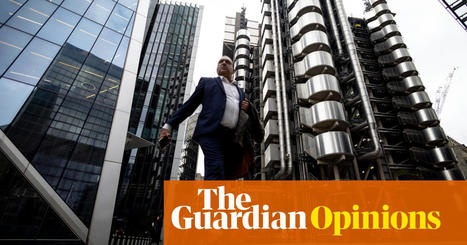Latest bumper payout for Denise Coates comes despite a £60m loss for 2022-23
Follow, research and publish the best content
Get Started for FREE
Sign up with Facebook Sign up with X
I don't have a Facebook or a X account
Already have an account: Login
A brief overview of relevant articles for IB, A-Level and Pre-U economists relating to microeconomic issues
Curated by
Graham Watson
 Your new post is loading... Your new post is loading...
 Your new post is loading... Your new post is loading...
|
|



































Here's a conundrum for free market economists. Is there a justification for Denise Coates having earned £270m in salary and bonuses in the past year?
We're meant to believe that pay is determined by the marginal productivity of the worker. So does Ms.Coates have a daily marginal revenue product of £1m? I'd love to know your thoughts.